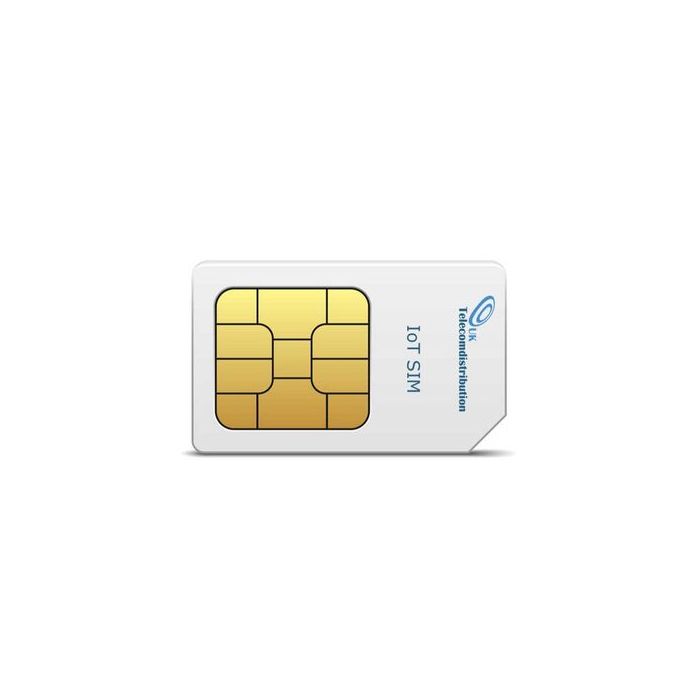Location-based services (LBS) play a vital role in modern emergency management, offering precise location tracking to improve response times and enhance public safety. These services utilize GPS, cellular networks, and IoT sensors to provide real-time information to emergency responders, governments, and individuals. For tech enthusiasts, LBS demonstrates how cutting-edge technologies integrate seamlessly to offer life-saving solutions. This article explores the benefits of LBS in emergencies, as well as the importance of maintaining reliable connectivity through tools like an emergency SIM card.
1. Real-Time Location Tracking for Faster Response
LBS allows emergency responders to identify the exact location of incidents, minimizing delays and improving the efficiency of rescue operations.
- Emergency apps use GPS tracking to automatically share users' locations with responders, helping them reach the scene quickly.
- Connected devices, such as smartwatches, can detect unusual behavior like falls and trigger alerts with precise location details.
For tech enthusiasts, the precision of LBS reflects how advances in satellite technology and IoT improve emergency response systems, making real-time assistance more reliable.
2. Geofencing for Public Safety and Alerts
Geofencing is a feature of LBS that establishes virtual boundaries around specific areas. It is widely used in disaster management and emergency preparedness.
- Authorities can issue geofenced alerts to people within a specific area during emergencies, such as natural disasters or hazardous material spills.
- In large public events, geofencing ensures targeted communication, warning attendees of risks or providing evacuation instructions.
This application of LBS showcases how smart data management tools can keep people informed and safe by delivering location-specific information when it matters most.
3. Navigation and Evacuation Assistance
LBS offers more than just alerts—it also helps with evacuation planning and navigation during emergencies.
- Navigation apps integrate LBS to guide people to the nearest safe locations, such as shelters or hospitals, especially during disasters.
- Smart city infrastructure can use LBS-powered signage to direct residents and visitors away from danger zones efficiently.
These solutions highlight how GPS data, combined with real-time analysis, can reduce confusion and panic in critical moments.
4. The Role of Connectivity in Emergency Situations
LBS relies heavily on network connectivity, which can be compromised during emergencies. Power outages, overloaded networks, and natural disasters can interrupt cellular services. In such cases, having an emergency SIM card ensures uninterrupted access to location-based services by switching to alternate networks.
- Emergency SIM cards provide multi-network connectivity, enabling users to stay connected even when their primary network is unavailable.
- With LBS still active, users can continue receiving real-time navigation assistance, alerts, and emergency instructions without interruption.
This redundancy is essential for travelers and residents in disaster-prone areas, emphasizing the importance of reliable communication tools.
5. How AI Enhances LBS in Emergencies
Artificial Intelligence (AI) further enhances LBS by analyzing location data and predicting emergency scenarios.
- AI-powered systems use historical data and patterns to forecast potential risks, such as traffic congestion during evacuations.
- In search and rescue missions, drones equipped with GPS and AI algorithms can scan large areas and pinpoint survivors with high accuracy.
These advancements underscore how the integration of AI, GPS, and LBS provides proactive solutions for managing emergencies.
Conclusion
Location-based services have become indispensable in emergencies, offering real-time tracking, geofencing, and evacuation assistance to protect lives. For tech enthusiasts, the intersection of LBS, AI, and IoT highlights the power of technology in enhancing public safety. However, these services depend on uninterrupted connectivity, making tools like an emergency SIM card essential for maintaining access during critical moments.
As LBS technology continues to evolve, we can expect even more precise, predictive, and proactive solutions for emergency response. Whether through faster response times or AI-driven predictions, LBS is reshaping how we navigate crises and ensuring that help is always just a location pin away





Comments